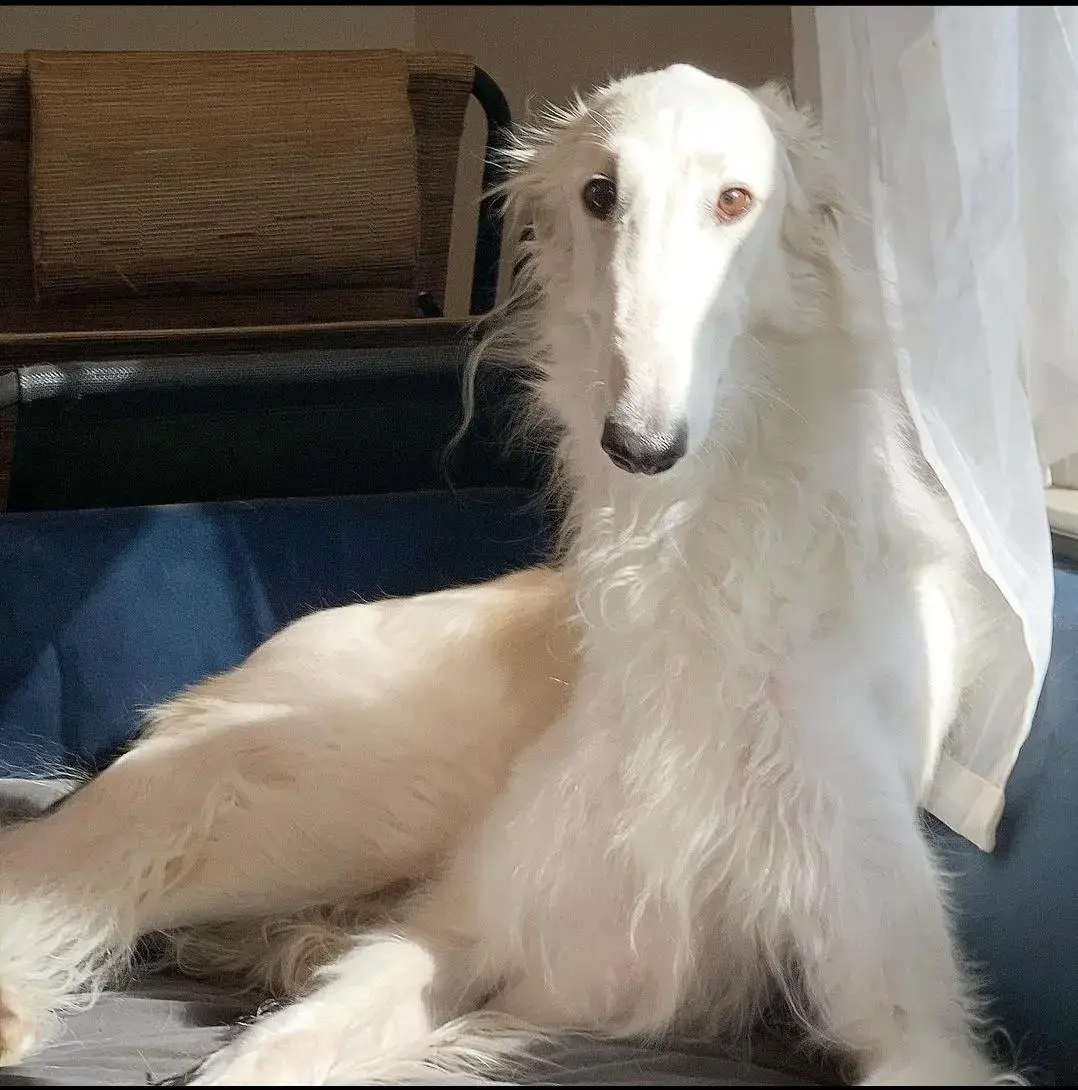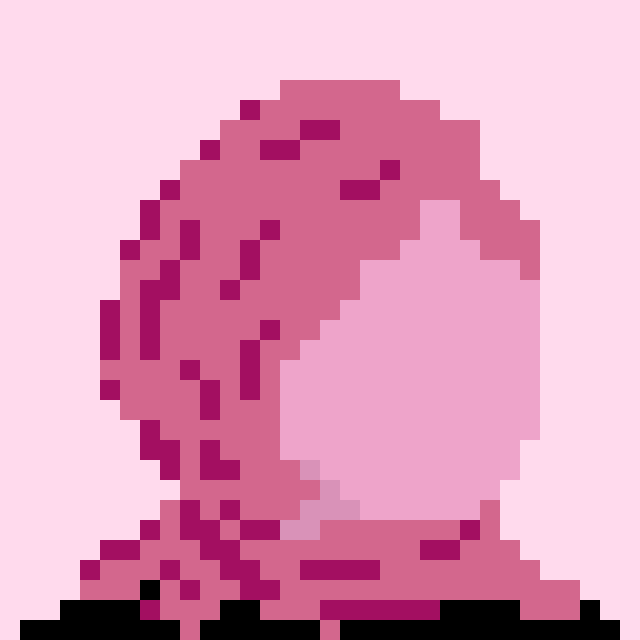Привет! I'm currently learning Russian as a native English speaker. I've only been at it for a few weeks but I feel like I've gotten some of the basics down.
Anyone who is more knowledgeable than me, how do I reliably learn which to use from ц, ч, с, щ, or ш?
Also when speaking long words 10+ characters or 4+ syllables long I feel myself triping over my tongue. Moreso than my previous experience with learning German but it has been over a decade since then.
Additionally, anyone else learning a second or third language and hows it going for you?
Try to repeat these letters from youtube videos.
'c' is just an 's', 'ч' is 'ch', 'ц' is a bit trickier than 'ч' because you might be unfamiliar with pronouncing 'ts' as a single sound and not just as 't' and 's'. 'ш/щ' are the hardest consonants to learn because they sound very similar to one another and are essentially just hard/soft version of the same letter that was split into two separate ones, its best to hold off figuring them out until you get palatalization down.
Try to break long words down to syllables and pronounce them separately. Endings often make up 30% of the word and are pretty repetitive, so if you get those down pronouncing the whole word will be easy. Most scary long words are just two words in a trench coat, you just have to recognize them for what they are.
I've been learning chinese a little as a third language, i'm not far in it at all but it has been fun seeing random chinese comments and vaguely getting the idea of what they were talking about.
Also consider this your exam: pronounce защищающаяся (zashchishchayushchayasya) correctly. Unfortunately it is just one word without a trench coat.
That makes sense. I've been meaning to add phonetics to my flash cards to assist with longer words, здравствуйте has been the hardest to pronounce so far but защищающаяся seems alot worse. I'll definitely start trying to pronounce it today though.
And being able to get at least an idea of what people are discussing online is really fun. On YouTube I'll sometimes use random Russian comments as flash cards if they're short enough.
Thank you!
Защищающаяся is kinda a meme word so don't be intimidated from learning russian, there aren't a lot of words like that. You can also leave the first 'v' in здравствуйте silent.
Dropping the first в helps alot. Because trying to 'v' right before going into a 'st' was tongue tieing me really bad
To be honest, we Russian native speakers drop "v" there pretty often too.
защищающаяся
Try first to learn the pronunciation of защищать before you move to partizip stuff. Normal verbs and nouns have enough combinations of consonants and vocals. As soon as you know it good enough and also the suffix for all those male and female causes, защищающаяся should be more easy to pronounce.
I think it is worth learning it. If you are familiar in the pronunciation of Ж,Щ,Ш, words in other languages will became more easier to pronounce too. If I don't know how to read a Chinese City, name, river etc. I look how it is written in Cyrillic.
Just wanted to say good luck with studies! Russian is tricky but I think in conversation people tend to be very forgiving of mistakes. I’m thinking also maybe watching films in Russian might help with learning how to pronounce words. There’s lots of Soviet films available on YouTube.
Thanks! I'll probably start looking for some films, there's one I already intended to watch (but not sure if the pacing would be conducive to learning).
I do have a small collection of Russian music which is slow enough for me to kind of learn, even if pronunciations are stretched a bit.
You just started, begin with reading children books, and watching nursery rhymes and kid shows, they use simpler language and their main purpose is teaching.
I recommend trying to break up long words when you're starting out. The longer words have shorter ones as their roots, so once you get comfortable with those, it'll come more naturally. It's similar to German in that sense, but more consonants in Russian which makes it a bit more difficult at first.
And I'm learning Mandarin here, kind of the opposite problem for me there. Words are very short, and sometimes the same sound can mean wildly different things in different contexts, or the tone changes the meaning. Incidentally, composing words together to make new words is also a thing in it. Sometimes you get amusing combinations like 马上 for quickly, which literally translates to on horse.
Good luck!! I took Russian in high school (a long time ago) and have thought about getting back into it.






